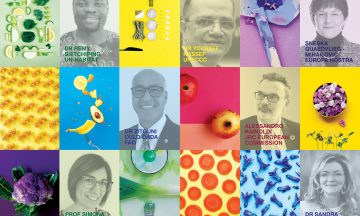
24Jun
UN-HABITAT webinar: Bio-Regional Territorial Approaches to Rural-Urban Integration in Combating Climate Change
In the framework of the Urban-Rural Linkages programme of the Un-Habitat, a series of webinar is organised; proposing to exchange information and learn from the efforts of different actors about the COVID-19 pandemic, in order to overcome crisis and enhance post-crisis recovery actions by bringing a focus to urban-rural linkages and integrated territorial approaches. The 30th June 2021, 11am – 12noon CET the webinar will bring together thought leaders from global and regional agencies to explore “Bio-Regional Territorial Approaches to Rural-Urban Integration in Combating Climate Change. The Collective Quest for Resilience”.
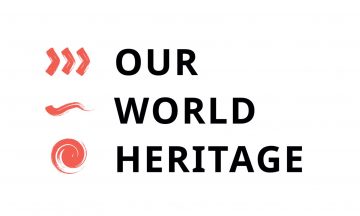
15Jun
OUR WORLD HERITAGE: Heritage economics – evidence based innovative practices
A series of 12 monthly thematic discussions will be organized to Our World Heritage to address critical issues in World Heritage conservation and management. The debates will then become reports to be presented during the World Heritage Forum in 2022. The webinar of 18th June 2021, h16:00 – 18:00 UTC, will focus on innovative practices with activation of multidisciplinary techniques in each phase of the preservation process (documentation, planning, restoration, monitoring), supported by innovative models in terms of governance, partnership, funding, and decision-making.
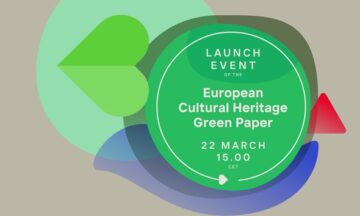
19Mar
European Cultural Heritage Green Paper “Putting Europe’s shared heritage at the heart of the European Green Deal”
CLIC researchers Antonia Gravagnuolo (CNR IRISS) and Jermina Stanojev (Uppsala University) contributed as expert members to the European Cultural Heritage Green Paper, a much needed initiative on the role of cultural heritage for the implementation of the European Green Deal (EGD), coordinated by ICOMOS and Europa Nostra. The European Cultural Heritage Green Paper highlights the multiple ways in which cultural heritage can contribute to the implementation of the European Green Deal, focusing on the circular economy approach in cultural heritage adaptive reuse.
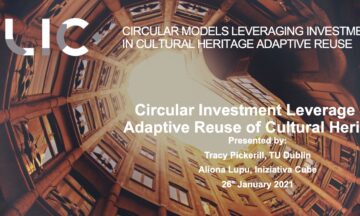
25Jan
Workshop on complementary sources of funding for cultural heritage
The Work Plan for Culture 2019-2022 invites the European Commission to organise workshops in order to identify new sources of funding for cultural heritage and transferable best practices in order to promote its economic sustainability. Additionally, this topic has been highlighted in the special report on “EU investments in cultural sites: a topic that deserves more focus and coordination”, by the European Court of Auditors recommending that the European Commission “encourages the use of private funds to safeguard Europe’s cultural heritage”.
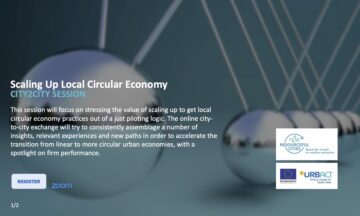
14Dec
CLIC Participation at URBACT Resourceful Cities programme – City2City session on “Scaling up the local circular economy”
Antonia Gravagnuolo, CLIC Researcher from CNR IRISS, contributed to the City2City Session session “Scaling Up Local Circular Economy” organized by Resourceful Cities, an URBACT Action Planning Network of ten European cities focused on developing the next generation urban resource centres for the circular economy. The session focused on stressing the value of scaling up to get local circular economy practices out of a just piloting logic.
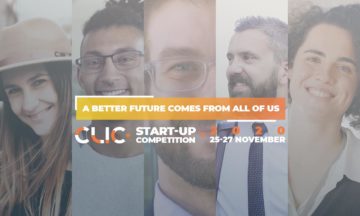
27Nov
CLIC Startup Competition final event: innovation in action in cultural heritage
From 25th to 27th November, the CLIC Startup Competition took place as an online event marking the final step of an intensive work of the CLIC team to design and develop a capacity-building programme addressed to early-stage startups, informal teams and talented innovators working on a business idea for the adaptive reuse and enhancement of cultural heritage according to the circular economy model.
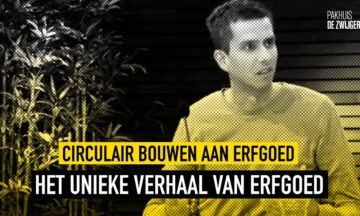
24Nov
Circular heritage buildings: the unique story of heritage
The “Circulair bouwen aan erfgoed: het unieke verhaal van erfgoed \ Circular heritage buildings: the unique story of heritage” was a debate and talkshow organized by Pakhuis de Zwijger in Amsterdam on November 24th, 2020. The aim of the program has been to discuss the opportunities and challenges in making heritage more sustainable and circular.
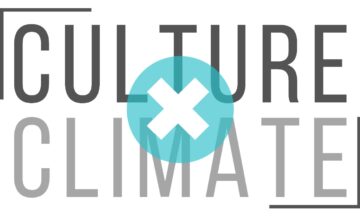
13Nov
Culture x Climate 2020 Europe and the Commonwealth of Independent States Regional Climate Heritage Forum
Climate change is one of the most significant threats to people and their cultural heritage worldwide. Cultural heritage, in turn, offers immense potential to drive climate action and support a just transition to a low carbon, climate resilient future. This is why in the European Green Deal (EGD), one of the planet’s most ambitious plans to tackle the climate change, cultural heritage have an essential role, as they both need each other to succeed.
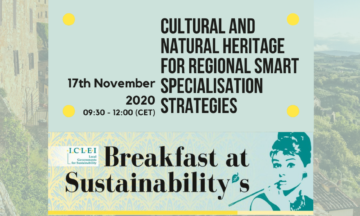
13Nov
35th Breakfast@Sustainability’s Cultural and Natural Heritage for regional Smart Specialisation Strategies (RIS3)
What is Smart Specialisation and how does it contribute to sustainable regional development in Europe? What is the status of Research & Innovation Strategies for Smart Specialisation (RIS3) and to what extent do they integrate cultural and natural resources? The 35th Breakfast at Sustainability’s brings together representatives of EU institutions, cultural experts, regional officers and rural stakeholders, to discuss the unexplored potential of combining Smart Specialisation with Cultural & Natural Heritage (CNH).
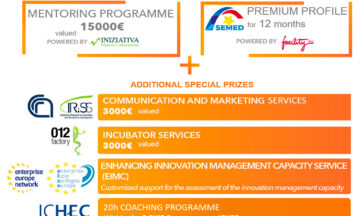
02Nov
CLIC Startup Competition Special Prizes
In this challenging period we’re all in need of as much good news as we can get: here are some exciting for all the innovators, startuppers and wannabe startuppers applying to the CLIC Startup Competition! The CLIC team has worked behind the scenes and finally is pleased to announce new special prizes for selected finalists to the CLIC Startup Competition.
